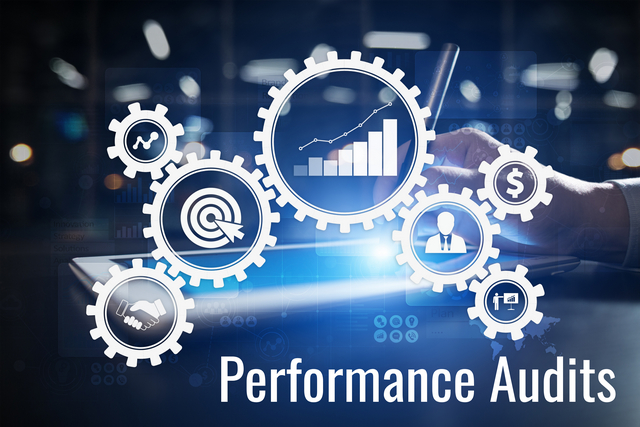SUSTAINABILITY ![]() Assurance
Assurance

Efficient assurance serves as a valuable feedback mechanism for those directly engaged in tailings management. Depending on the chosen approach, assurance can offer insights into current performance, areas needing improvement, opportunities for enhancement, future strategies, and various aspects related to tailings management.
Golden Mine Projects employs several mechanisms to provide assurance:
Audits assess and report the level of compliance with specified criteria by systematically collecting and documenting relevant evidence. Audits involve some degree of judgment but are not intended to uncover the root causes of deficiencies or evaluate the effectiveness of the management system.
We engage Engineer of Record (EoR) services for most of our active sites. As of January 2022, our EoRs are contracted from the following firms: Golder (4 TSFs), Stantec (1 TSF), SRK Consulting (1 TSF), Knight Piesold (4 TSFs), SLR Consulting (8 TSFs), Tetra Tech (5 TSFs), and CMW Geosciences (8 TSFs).
The EoRs hold the responsibility of reviewing and approving all engineering and design data, related operating and monitoring procedures, as-built drawings, and facility inspections to confirm the physical integrity, safety, and performance of the facility and associated structures.
The EoRs also define parameters and specifications for construction and operations, including embankment and dam slope angles, allowable rate of rise, material quality and methods for construction and operation, and requirements for the dam's phreatic surface level and minimum freeboard.
Every three years, a comprehensive third-party review is conducted, covering operational, legal, and sustainable development aspects. This review assesses ongoing compliance with the Group TSF Management Standard and relevant design guidelines.
For facilities categorized with an "Extreme" consequence rating, this third-party operational review takes place annually.
Annual audits for legal and regulatory compliance are standard practice to verify adherence to permits and operating licenses. The audit frequency may vary for operations located in Ghana and Peru.
Local regulations may necessitate regular third-party reviews, with findings reported to various government agencies. For instance, Ghana mandates quarterly third-party operational reviews and corresponding reporting.
Optimally, third-party reviews commence during project conception and continue throughout design, construction, operation, and closure phases. The primary objective of these reviews is to identify and address potential issues before they manifest, serving as a preventive risk control measure. This preventive focus promotes continuous improvement and guards against complacency.